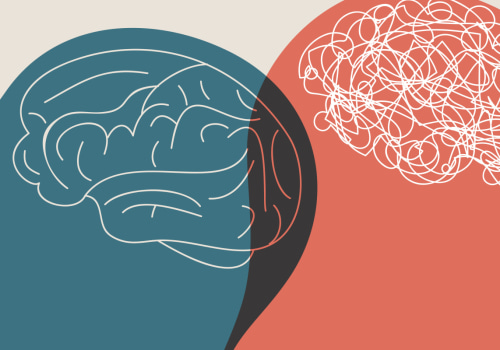Mental health counselors are trained professionals with the experience needed to help those with a range of disorders, such as anxiety or depression. They provide guidance and advice to help clients of all types develop strategies to overcome their illnesses or minimize the effects of their disorders. Mental health counselors must also be licensed in the state in which they intend to practice. Mental health problems, which have not been given as much priority as many professionals in the field believe they should, can also cause physical illness.
If you're seriously considering working as a mental health therapist, you should know that jobs for professionals have an incredibly bright outlook. Licensing and certification guidelines for mental health counselors vary by state; be sure to review the guidelines for the region in which you plan to study. When searching for the right master's program to perform mental health therapy, it's important to look for one that has received the appropriate accreditation. This may include conducting individual or group therapy sessions; diagnosing and treating mental and emotional disorders; developing service plans and coordinating treatment with other health professionals; and performing interventions in crisis situations as needed.
As a mental health counselor, you can work in family services, outpatient mental health and substance abuse centers, hospitals, governments, schools and private offices. Some mental health counselors choose to specialize in a particular area, while others work on a variety of general topics. Most states require mental health counselors to complete two years of supervised graduate work, totaling between 2000 and 4000 hours of clinical experience. Earning a degree in counseling, psychology, sociology, or social work is the first step to becoming a mental health counselor. Mental health counselors help patients develop skills and strategies to address issues such as parenting and professional skills; problems in adolescent and family communication and functioning; relationship, marital, and relationship problems; and preventing the onset or recurrence of alcohol and substance abuse.
As a mental health counselor, you'll offer guidance and advice, but in the vast majority of cases, the client will have to do the work they need to do. With that in mind, there are a number of social skills that employers look for in top-tier mental health professionals. These include excellent communication skills, empathy, problem-solving abilities, patience, active listening skills, and an understanding of cultural diversity. Mental health counselors must also be able to work with people from all walks of life. If the idea of dedicating your career to helping people suffering from mental health disorders appeals to you, you've come to the right place. Becoming a mental health counselor is an incredibly rewarding career path that can make a real difference in people's lives.







